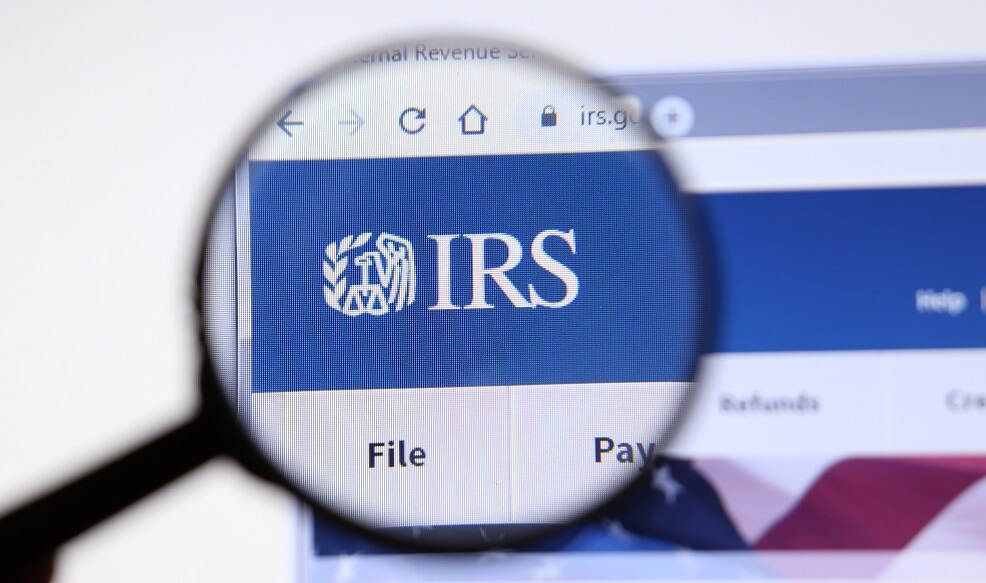Filing Your Tax Return – when do you file?
Every year on December 31 the question arises: when do I have to file my US tax return?
Note, there are several types of tax returns to consider and each has its own due dates to track.
The main filings required from individual taxpayers are as follows:
Federal Tax Return – 1040 or 1040NR (Non-Resident) -
Form 1040 is annually filed by individual US Citizens (generally including green card holders) living in the US or overseas, who had income during the tax year.
Form 1040NR is annually filed by individuals who are not US Citizens but must file a US tax return due to US source income (e.g. US investments income, US rental income, income earned while performing work in the US, etc).

Form 1040- Filing Deadlines
US Citizen living in the US- April 15th of the year following the tax year is the due date for filing your 1040.
However, extensions of time to file the tax return are available if applied for by April 15th.
US taxpayer living abroad- June 15th is your filing due date. An automatic 2 month extension from April 15th is granted to you.
Extended due dates
October 15th – If a six-month extension of time to file request is submitted to the IRS by April 15th, the new filing due date is October 15th.
December 15th – For US taxpayer living abroad, an additional two-month extension of time to file through December 15th may be granted if an additional extension request is being filed.
Form 1040NR- Filing Deadlines
April 15th – This date applies if you were self-employed or an employee who received income subject to US income tax withholding OR if you have an office in the US.
June 15th – For all other nonresident taxpayers required to file a US tax return.
Extended due dates
October 15th – For taxpayers with original filing due date of April 15, a request for a six month extension of time to file can be submitted to the IRS by April 15th to extend the due date through October 15th.
December 15th – For all other nonresident taxpayers, a request for a six month extension of time to file can be submitted to the IRS by June 15th to extend the due date through December 15th.
* Extension of time to file is NOT extension of time to pay *
Remember, regardless of filing date, an extension of time to file is not an extension of time to pay. You will owe interest on any past-due tax and you may be subject to a late-payment penalty if the payment of tax is not made by April 15th.
* State Filing (e.g. IT-203 for NYS)
Not every US filer needs to complete this form. Due dates for State Income Tax Returns vary by state. Some but not all have the same deadlines as the Federal Filing. Contact your tax preparer to verify your specific needs.
FBAR- Filing Deadlines
Not every US filer needs to complete an FBAR. If you do, the deadline is April 15 with an option to file an extension.
This is for US Person filers only. It does not apply to non-US Persons.
Final Notes
Make sure you understand what kind of filing you are required to file and when.
It is important to mention to your tax preparer whether you are a Resident or Non-Resident for filing purposes and where you lived during the first 4 months of the year following the tax year being filed, as this information may affect your filing due date. If you have a State filing (i.e. if you have income earned in a specific state), then discuss with your tax preparer the possible need to file a State Tax Return.
Written By: Orna Kirsh (CPA, eMBA, B.S. Accounting)
דף הבית » Filing Deadlines

